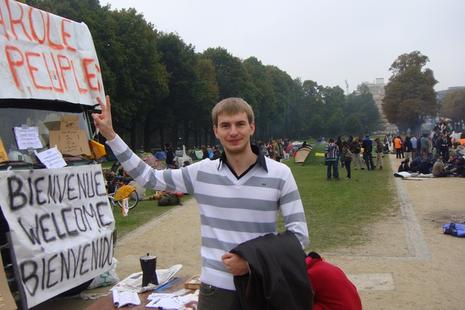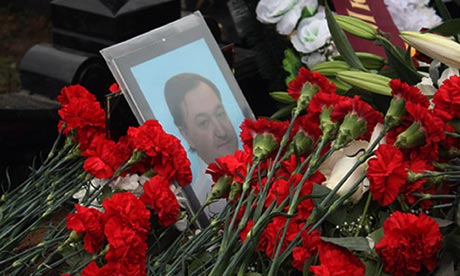By Alexandra Sandacz
Impunity Watch Reporter, Europe
LONDON, United Kingdom – During the trial of nine men who are accused of offences including rape, trafficking, and child prostitution, a young women revealed that when she was 12 years old, she was branded with the one man’s initials so other men would know she “belonged” to him.

The jury learned that the young woman, now 19 and who remains nameless, was sold to Mohammed Karrar as an 11-year-old. She told the court she was also brutally raped by various men until she was 15.
Appearing to the jury through videolink, the young women cried as she stated that Karrar struck her with a baseball bat after she threatened him with a knife after he forced her to have sex.
She said, “At the time, I thought he loved me and it was a mistake he made. I thought it was my own fault that I threatened him with a knife.”
She continued, “I was at home with Mo [Mohammed Karrar]. We had a slight argument and I think we had sex, and afterwards, the hairpin, he scraped the paint off and lit it. He bent it into a letter “M”. After heating it for a little while, he stuck it on my bum … so it would say ‘Mo’.”
The girl believed she was branded “so that people knew that I was his if I ever had sex with someone else.”
However, the girl also explained that Karrar, despite branding her, would take her to hotels and private properties to serve drink, drugs and provide sex services. Her abusers would speak in different languages and laugh at her. She said there were at least 15 men at the parties, and the parties would happen up to four times a week.
Furthermore, the child was forced to participate in “weird fantasies” and was sexually assaulted with knife handles and meat cleavers. If the girl refused, the two men would go “mad”. The witness said, “If I kicked off, I would be restrained.” Lastly, the men would pay Karrar when everything was finished.
Mohammed Karrar, 38, and Bassam Karrar, 32, are amongst nine men currently on trial for 51 sex and drugs charges. The men deny the 51 counts, including rape and trafficking from 2004 to 2012.
For further information, please see:
BBC – Oxford Exploitation Trial: Girl ‘Branded with Hairpin’ – 22 February 2013
The Guardian – Oxford Child Abuse Trial: Women Says She was Branded at Age of 12 – 22 February 2013
The Independent – Sex Gang Leader ‘Brand Girl Slave, 12, with a Heated Hairpin’ – 22 February 2013
Oxford Mail – Teenager “Branded” by Alleged Abuser, Old Bailey Hears – 22 February 2013



